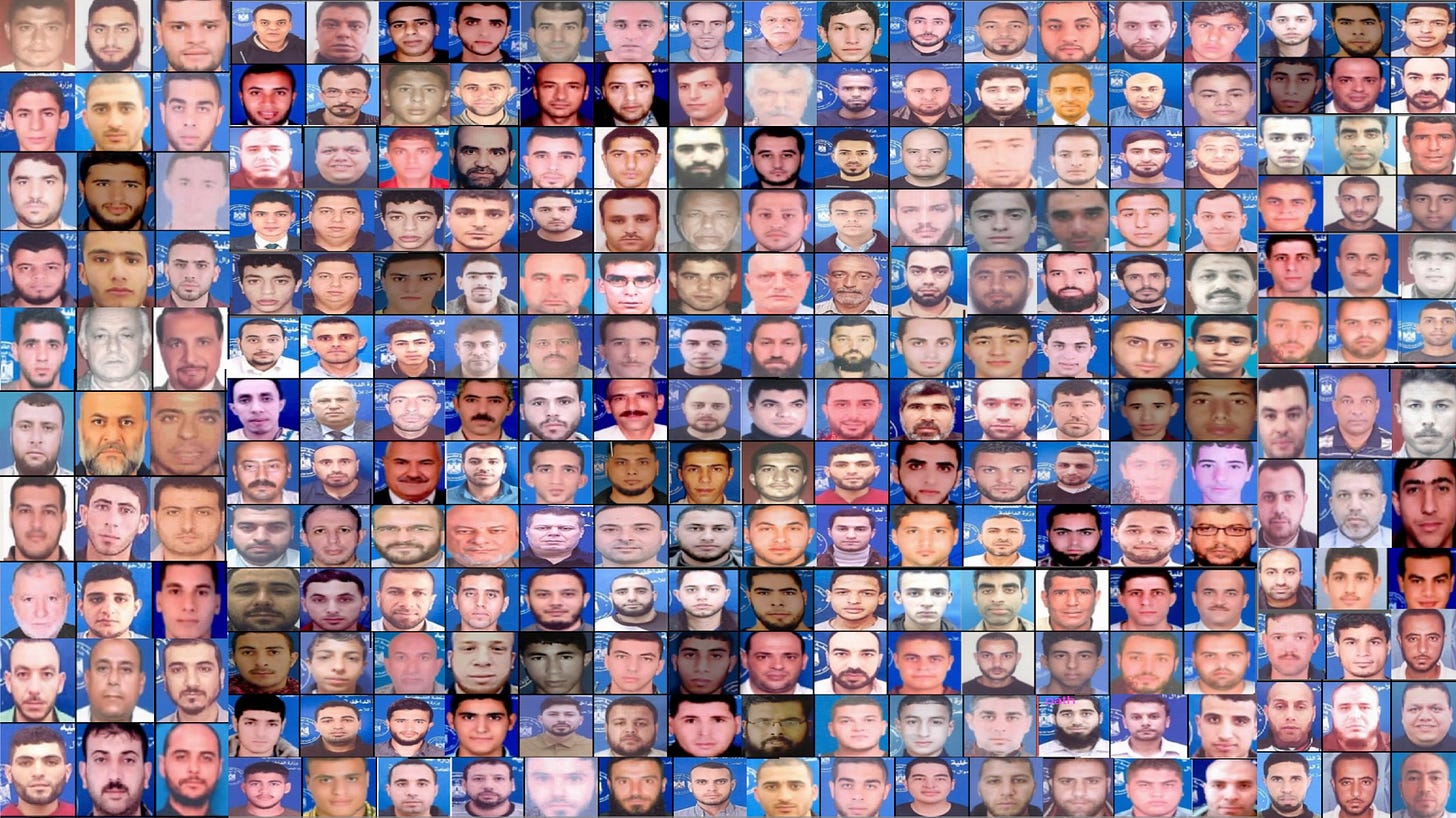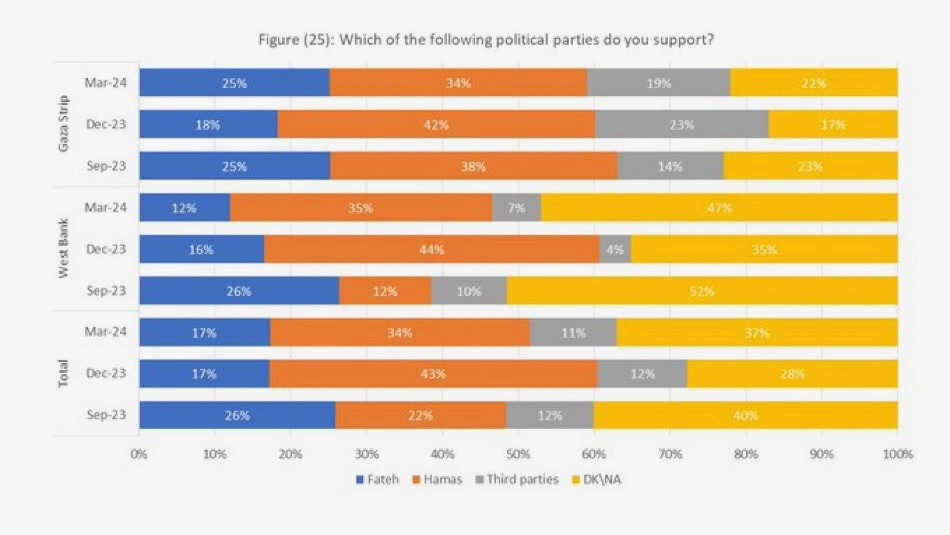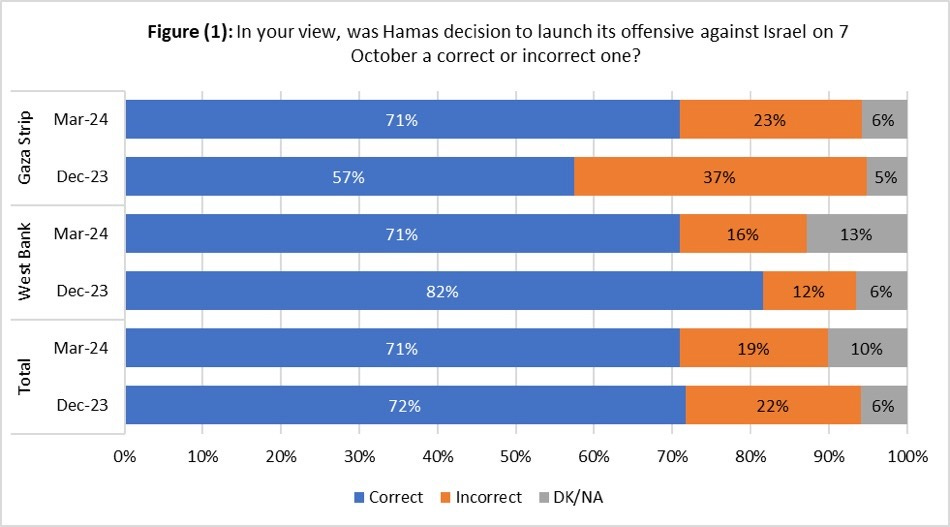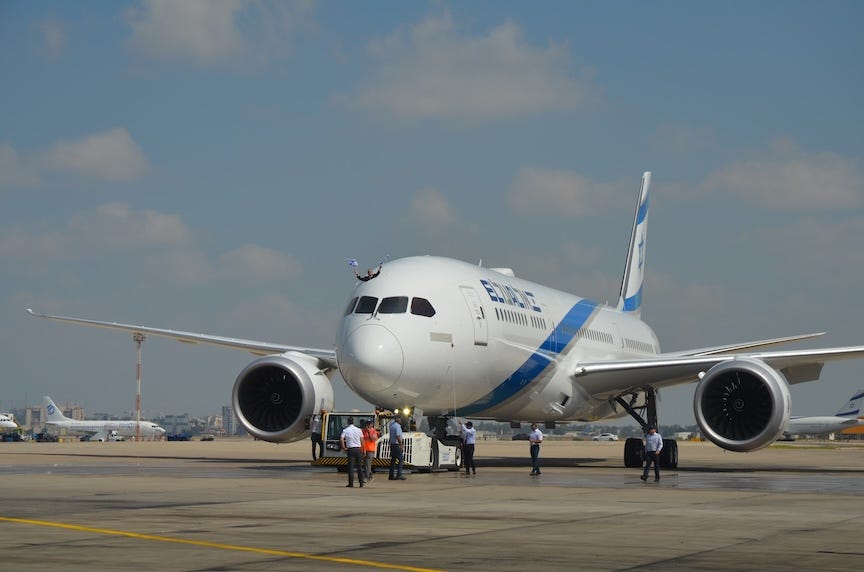DAY 167 OF THE GAZA WAR: Shifa Hospital-Top Hamas and Islamic Jihad Leaders Caught, Israel Alone, Palestinian Public Opinion, China
Tel Aviv Diary, March 21, 2024
IN GAZA
The IDF operation at Shifa Hospital has emerged as the most successful mission of the entire war. As of now, Israel has arrested 600 Gazans in Shifa, with 350 confirmed as active operatives of either Hamas or Islamic Jihad. Many of those captured are high-ranking commanders. The IDF reports they successfully apprehended the entire leadership of Islamic Jihad in Gaza’s northern Gaza region alive within the hospital compound.
Important Hamas figures are already in IDF custody. The IDF spokesman revealed that they captured additional senior Hamas officials, but their identities are not being released due to the critical and time-sensitive nature of the intelligence they are providing. This strategic silence aims to prevent alerting the enemy about these captures. During the operation, 140 terrorists who chose to resist were engaged with and killed by the IDF.
Terrorists remain within Shifa. Some are concealed in underground passages and others are situated in the Emergency Room. The Army has been moving all hospital patients and staff into another building, asserting that they have provided the necessary equipment and supplies to maintain patient care. Meanwhile, the IDF continues urging the remaining terrorists to surrender.
I'll repeat a point I made in last night’s update: The course of this war might have been markedly different had our strategy prioritized capturing individuals over conquering territory. Last time we captured Shifa, following a significant international media buildup, effectively tipped off Hamas , providing them ample opportunity to evacuate and relocate their hostages. This outcome could have been altered dramatically under different circumstances.
NORTH
Following a day of relative quiet in the North, today was marked by intensive firing from both sides. Hezbollah launched rockets at Metulah, Kiryat Shmonah, and Shlomi. The escalation prompted Israel to retaliate with increased airstrikes on Hezbollah targets in Southern Lebanon.
HOUTHIS
The IAF downed a missile headed towards Eilat today. Tonight, a French cruiser downed three ballistic missiles aimed at ships in the Red Sea.
HOSTAGES
The Mossad chief is set to return to Doha tomorrow to continue negotiations aimed at securing a ceasefire and the release of the hostages. While there has been no breakthrough, the talks are still ongoing and have not reached an impasse. If these talks succeed, it will only be the result of weeks of extensive and sustained negotiations.
ISRAEL ALONE
A recent cover of The Economist magazine, featured prominently on most TV stations tonight, encapsulates a burgeoning fear enveloping Israelis. Canada’s decision to halt arms sales to us, coupled with rumblings from the UK, is intensifying an already palpable sense of anxiety — on top of the general distress that has been omnipresent since October 7th.
Today, Ron Dermer, the Minister for Strategic Affairs, and Netanyahu’s right-hand man, when it comes to the US (a former Republican strategist), declared Israel’s intent to proceed operations in Rafah — regardless of American approval. The Biden Administration has clearly expressed its objections, specifically opposing any action that doesn't safeguard civilians, and hinting at a potential slowdown in arms sales should Israel defy the administration's stance. Right-wing commentators immediately argue that Israel stood alone in 1948, and can stand alone again now. However, these pundits seem to overlook the complexities of the modern world. Israel's reliance on American support for its military, especially our Air Force and our high-tech Army, precludes any notion of us “going it alone” in terms of armaments.
Israelis are grappling with the rapid shift from being a country supported by much of the world to a country that seems increasingly isolated. In Israel, time appears to have stood still. It’s hard to grasp that it's Purim, when it feels as though Simchat Torah was just yesterday, with the country still deeply entrenched in the memories and narratives of that day. The world is continuously exposed to the images from Gaza — the results of our bombings, and the refugees our actions have produced.
The fact that the percentage of civilian deaths in Gaza is notably lower than in other conflicts does nothing to mitigate the impact of the photos and stories — like today’s piece in The New Yorker about the number of children who have lost limbs. The photos of the horrors experienced by Israelis is old news; overshadowed by the daily reports of Gaza’s plight. While we rightly immediately pivot to the ongoing suffering of our hostages, the world chooses not to see the connection.
Our priorities should shift. We need to stop insisting on being right and instead choose to be smart. Just last week, I wrote about an Israeli initiative to flood Gaza with humanitarian aid. Yet, what tangible progress has been made in the week since that announcement?
PALESTINIAN PUBLIC OPINION POLL
A new public opinion poll conducted by the Palestinian Center for Policy and Survey Research in Ramallah, reflecting the views of Palestinians in Gaza and the West Bank, are not encouraging. The findings show a consistent level of support for the October 7th massacre. Approval for the attack has dropped slightly in Gaza, but has increased in the West Bank.
Overall, support for Hamas has marginally declined, especially in Gaza. Most of the commentary I've seen about this poll highlights how dire this situation is, questioning the feasibility of achieving peace amid such sentiments. The harsh reality is, they profoundly despise us.
As I've written before, even though historical records may prove us right, the lived experiences of the average Palestinian do not foster any affection towards us. We should have no illusions otherwise. Our challenge lies in how to alter this perception, while safeguarding our security. This is a daunting task, particularly impossible for the our current government.
CHINA
I have written several times about the impact of TikTok on American attitudes towards the war —especially among young people. Yet, the underlying question remains: why does this platform have such an impact? Tuvia Gering authored an article in November I had missed, titled "China’s Turn Toward Antisemitism." Gering highlighted, for instance, how the China Internet Information Center (CIIC) published a piece equating Israelis to Nazis. On the same day, another viral post by the state-run China Central Television (CCTV) linked the conflict to widespread antisemitic tropes, claiming, “Jews, who account for 3% of the US population, manipulate and control 70% of the country’s wealth.” The piece went on to describe US presidential candidates’ as subservient to Jewish financial interests, in an effort to explain the Biden administration’s unwavering support for Israel. China’s Ambassador Wu echoed this sentiment: “The Jewish bloc’s influence is clear to all.”
BUSINESS
El Al is capitalizing on the sharp improvement in its profitability and the rise in its stock price to raise capital for the expansion of its fleet—a part of the strategic plan presented in 2023. The company, signed an agreement with aircraft manufacturer Boeing to purchase three new Boeing 787-9 (Dreamliner) aircraft for a sum of $650–730 million
.
The three aircraft El Al ordered under the new contract will be received between 2029 and 2030. El Al was given the option to purchase an additional six 787-9 model aircraft, to be received from 2030 onwards if it chooses to exercise this option. The new aircraft will join the 16 Dreamliners El Al currently holds in its fleet (12 of the 787-9 model and another four of the 787-8 model). El Al is expected to receive two more Dreamliner aircraft between 2024 and 2026. Therefore, if El Al exercises the option to purchase the additional six Dreamliner aircraft, its fleet will number 28 aircraft.
–––––∞–––––∞–––––∞–––––∞–––––∞–––––∞–––––∞–––––
A PIECE OF HISTORY
Provisional Government Formed
The Israeli Declaration of Independence included the following provision:
We declare that after the termination of the British Mandate, from the 15 May 1948 and until elected authorities of the state would be established in accordance with a constitution accepted by the Elected Constituent Assembly not later than October 1, 1948—the Provisional State Council would act as the temporary State Council, and its executive institution, the Provisional Government of Israel, would constitute the temporary Government of the Jewish state, which would be named Israel.
The first meeting of Israel’s new provisional government took place on May 16th. The members of the provisional government were:
David Ben Gurion
Aharon Zisling
Eliezer Kaplan
Moshe Sharett
Haim-Moshe Shapira
Yitzhak Gruenbaum
Pinchas Rosen
Mordechai Bentov
Bechor-Shalom Sheetrit
Yehuda Leib Maimon
Peretz Bernstein
David Remez
Yehuda Leib Maimon
Yitzhak-Meir Levin
Levin and Gruenbaum were both in Jerusalem, which was embattled and were unable to attend the meeting. At the provisional government’s initial session, Moshe Shertok, who had just returned from the United States, reported how the State Department and the Defense Department opposed US recognition of the newly established state of Israel. Nevertheless, Truman overrode the recommendations of both governmental departments and announced recognition.
Acting in his capacity of Defense Minister, Ben Gurion then gave a presentation on the state of Israel’s military. Among other things, Ben Gurion said that if the State was able to receive 80% of the weapons it had already ordered, it could hold off the Arab attacks for a long time. However, Israel now needed tanks and planes, and those were more expensive.
Ben Gurion recommended sending Golda Meir to the US to raise money. Ben Gurion acknowledged that it was thanks to earlier funds Golda had collected for the Yishuv in the United States that Israel was able to acquire many of its new weapons. At that first provisional government meeting, it was also decided that Dr. Chaim Weizmann would be elected the first President of the country.
The Law and Administrative Ordinance No. 1 was adopted at the Provisional Government's second meeting on May 19th. It created a framework for governing in the interim period.
Among its notable sections included:
• A delineation of the interim government.
• A definition of the budget and the power to tax.
• The adoption of the current laws that existed under the mandate.
• A repeal of the White Paper of 1939.
The provisional government remained in place until the election could be safely held on January 29th, 1949.










Hi Marc,
I, as I suspect millions of others around the world stand with Israel. Whilst governments may play politics and not support you for whatever reason be assured you are not alone. I am Christian and my heart is heavy for Israel, you don't need to be Jewish to know that what happened on Oct 7 23 was a horrible tragic act of barbarism and if I was younger and of good health I would be there with you to help bring those responsible to justice. May God bless you.
Marc, you asserted that 'While conditions in Gaza at the moment are undoubtedly dire for Gazans, the narrative of widespread starvation, does not align with any of the evidence available.'I would be grateful if you could share that evidence because the narrative that the Palestinians in Gaza are starving or on the brink of starvation and that the Israelis are frustrating efforts to deliver aid is being repeated by western governments, aid agencies and the media (including the British Foreign Secretary today). Thank you